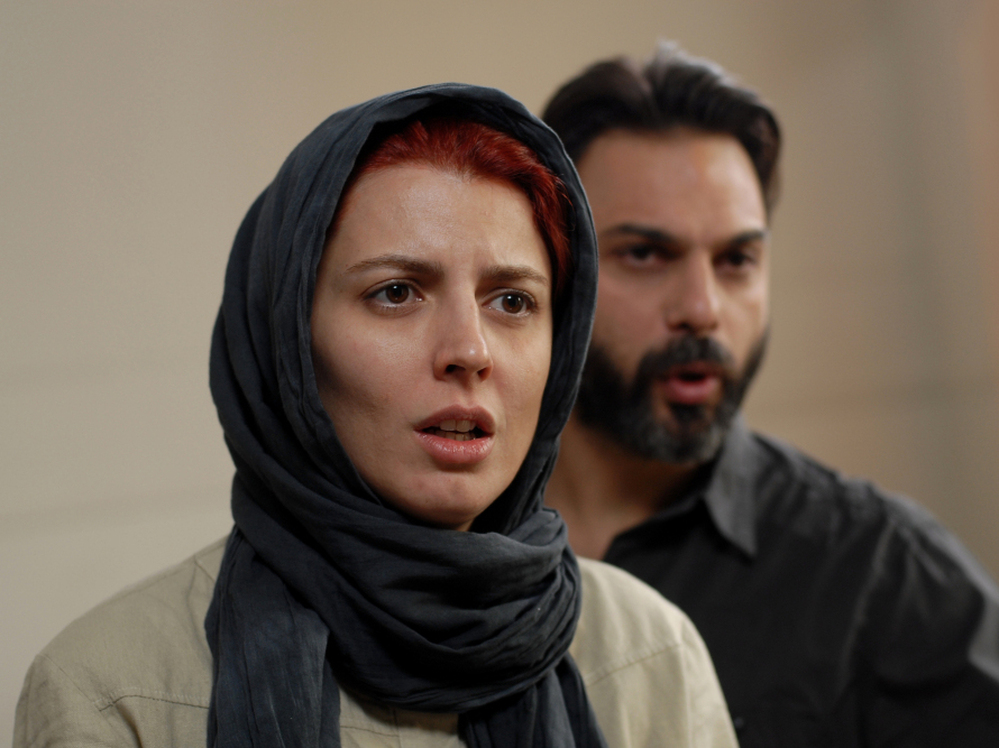Rescue 101: The Hollywood Way.
First, he won an Oscar for
Best Original Screenplay. And then, he went on to direct a fine adaptation of a
Dennis Lehane novel, which was then followed by a tense, Boston-set crime
thriller. But despite all those, many are still quite unsure as to whether or
not Ben Affleck is really more than just a pretty face and if he really is a
capable filmmaker and screenwriter. This perception of him, of course, can
mainly be attributed to cinematic abominations such as "Gigli" and
"Pearl Harbor", both of which he had unfortunately starred in. Here
then enters "Argo", a gripping thriller that may surely turn even
the most extreme Affleck skeptics into instant believers. Well, although I
won't completely go out of my way as to call Affleck a bad filmmaker, I'm
honestly not that deeply awed of his directorial body of work prior to this
film. Intrigued by what he can do, maybe, but not that much. But this time
around, count me in as one of them converts; "Argo" is indeed an
insanely great film.
Being a regular inhabitant at
Cracked (a very intelligent comedy website), I was able to constantly scan
through numerous well-written humor articles that tackle relatively obscure
historical/political facts and stories. One of them, obviously, is the very
story of "Argo" itself, which has fascinated me (and made me laugh at
some point, naturally) to high heavens when I first read it. Yet weird enough,
when "Argo" was released, I haven't the slightest idea that it is
indeed about the said 'Cracked' article. Instead, what I thought the film will
be is something akin to a mere stylistic copy of Roman Polanski's "The
Ghost Writer". But boy was I wrong.
Packed with just the right
amount of endearing characterization, tense sequences and moments of genuine
humor, "Argo" is easily one of the best films of the year
specifically because of how it has managed to be both politically compelling and
entertaining at the same time, with great supporting performances by Alan Arkin
and John Goodman (as the legendary Hollywood make-up artist John Chambers) to
boot. As for Affleck's performance itself, it is, in no way, very memorable,
especially when he's in scenes alongside Walter White, er, Bryan Cranston,
who's just perfect in that bureaucratic CIA role. But even though Affleck's
acting is not much of a revelation (his first choice for the role was not
himself but Brad Pitt), the real star in this film is his inspired directorial
effort; that and the beauty of 'science fiction' itself, which the film was
able to subtly highlight.
Of course, with
"Argo" being a politically-charged film, its closeness to the truth
is surely a great question, especially in its depiction of the Iranian populace
and the real role of Canada in the accomplishment of the rescue mission. But
for me, "Argo" is really not much about politics. Instead, what I
think the film is actually all about is how seemingly contradictory forces (the
Hollywood and the Government; Canada and the USA) can do an almost miraculous difference,
all with the help of a make-believe planet and some storyboard aliens.
Like 2011's "Hugo",
"Argo", although very sublimely at that, is a tribute to the power of
movies, and how it's not just a medium where we're able to discover the
intricacies of life, but one which can also save some. And who would have
thought that it will be some cheaply-imagined science fiction tale that can do
such? "Argo", despite its heavily political nature, is an understated
celebration of the imagination.
For the longest time, the science
fiction genre has been widely considered as the ultimate form of 'escape'.
Indeed, in many cases, it actually is, what with its abundance of colorful
interplanetary creatures, silver-clad heroes and interstellar adventures. But
let's not forget that, for once, it was also instrumental for actually pulling
off quite a literal one. "Argo", a stunningly inspired sleeper of a
film, will forever remind us of that fact.
FINAL RATING






